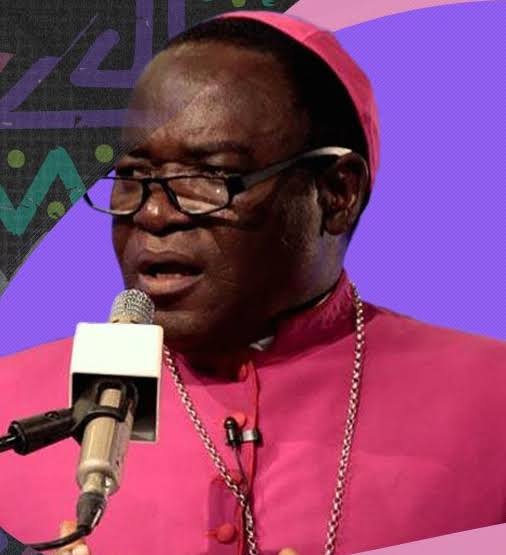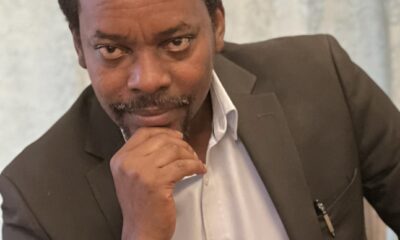Breaking News
Nigerian universities promote ethnic bias – Bishop Kukah
The Bishop said, “A mosque was constructed at the University of Nigeria, Nsukka. I delivered a convocation lecture in Calabar three weeks ago. After my lecture, the Chief Imam of the University came to congratulate me. But as I speak to you, Usman Dan Fodio, who is over 40 years old, Bayero University, and other universities in Northern Nigeria have decided to close their doors to the possibility of churches being built in the universities across this country.

The concerning trend of diminishing diversity and meritocracy at Nigerian universities—which are increasingly affected by ethnic and religious affiliations—has been brought to light by Matthew Kukah, the bishop of the Roman Catholic Diocese of Sokoto.
Our correspondent watched Kukah when she revealed this on Thursday’s The Morning Show on Arise TV.
He voiced his dismay that churches in Northern Nigerian institutions were closing.
The Bishop said, “A mosque was constructed at the University of Nigeria, Nsukka. I delivered a convocation lecture in Calabar three weeks ago. After my lecture, the Chief Imam of the University came to congratulate me. But as I speak to you, Usman Dan Fodio, who is over 40 years old, Bayero University, and other universities in Northern Nigeria have decided to close their doors to the possibility of churches being built in the universities across this country.
“All this fanaticism we are seeing is expressed in public life. If students in the university or at the point of their growing up are not allowed to integrate and interrelate, and if churches or mosques cannot be built across this country, then there is a problem.”
He drew attention to the alarming trend in Nigerian colleges toward a decline in diversity and meritocracy as racial and religious factors became more important.
“There was a time when Ahmadu Bello University had lecturers from all over the world,” the bishop said. Now, observe the state of our universities around Nigeria. Ethnic jingoism has become a mere incubator at our colleges.
“So, I do not know which funded Federal University that you will name that has a Vice Chancellor that is not a local boy.
“So the universities themselves have become playgrounds for the ambitions of the local elite. The question is why should a place of worship be a problem for a university? Whether it is for the Muslim students in Calabar or the Christian students in Sokoto.
“I approached the Minister of Education about this. I have a letter from the Nigerian University Commission. The universities in northern Nigeria have refused to implement this recommendation.”
Kukah stressed the importance of restoring integrity and promoting diversity in leadership, akin to previous initiatives led by former President Obasanjo.
Furthermore, he advocated for greater transparency in recruitment processes to prioritise merit over favouritism.
Kukah advised, “Therefore, let us restore nobility around the universities because that is where the leaders of tomorrow are going to come from. Let us also diversify it in the way that former President Olusegun Obasanjo did.
“Our inability to manage diversity has also led us to a literal dead end because when you go to the bureaucracy, you find that in a single office, the people running the show are from the same community, religion, or tribe. If we don’t deliberately decide to figure out how to manage diversity scientifically, then we will continue to haemorrhage. I think that this was the most horrible thing that Buhari did, and there needs to be a very quick return to a situation in which our diversity is a cause for celebration.
“The processes of recruitment to public life in Nigeria need to be much more transparent. The idea that certificates are no longer relevant and that getting a job now depends on who is standing behind you must be addressed with transparency.”
Kukah highlighted the need for efforts to address such issues swiftly to foster a more inclusive society conducive to nation-building.
“Nation-building is a process, but there are so many things that need to be fixed. Some of the building materials, which largely require a lot of effort from you and me, have been improved, and more can still be done. However, there are too many things that we need to try to fix very quickly.”

















